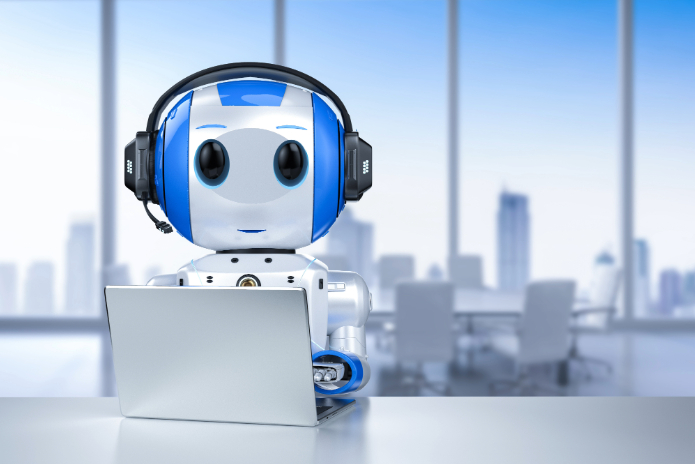Artificial Intelligence (AI) is no longer a futuristic concept; it is a reality that transforms efficiency and competitiveness worldwide. With AI-driven intelligent automation, businesses can optimize operations, cut costs, and enhance customer experience. For entrepreneurs, IT leaders, and innovation enthusiasts, understanding how these solutions transform business processes is essential.
In today’s fast-paced and competitive business landscape, operational excellence is key to maintaining agility and achieving sustainable growth. To create a cutting-edge process, intelligent automation leverages AI technologies such as computer vision, Natural Language Processing (NLP), Machine Learning (ML), and Generative AI (GenAI). Through a comprehensive approach, this vertical ensures seamless integration with Robotic Process Automation (RPA), providing continuous monitoring and a data-driven focus to maximize efficiency and ROI.
How does this change business processes?
The adoption of AI-powered automation is fundamentally changing how businesses operate and deliver their services. By using predictive models and natural language processing, we can identify behavioral patterns, anticipate needs, and provide more accurate, real-time responses.
This applied intelligence reduces response time, improves communication accuracy, and minimizes friction throughout the customer journey. Additionally, by automating repetitive tasks, teams can focus on situations that truly require empathy, negotiation, or creativity. The result is not only increased efficiency but also enhanced perceived value from the customer.
AI-driven automation analyzes data in real time, delivering actionable insights that help businesses make faster decisions. Moreover, it can handle larger workloads without proportionally increasing costs, making it easier to scale operations and meet growing demands.
According to an IBM study, 41% of Brazilian companies already incorporate some form of artificial intelligence in their operations, reflecting a growing interest in automation, efficiency, and scalability.
Challenges in implementing AI automation
One of the biggest challenges lies in data infrastructure. AI requires high-quality inputs to deliver good results, but some companies struggle to organize this information in an accessible, integrated, and contextualized manner.
Another issue is cross-departmental adaptation. For automation to truly work from an experience standpoint, the tool must align with business objectives, customer service strategy, and technology infrastructure. When this doesn’t happen, results tend to be limited or disconnected from customer reality. Additionally, there’s the challenge of balancing efficiency with empathy to ensure the journey remains human, fluid, and relevant. AI should be a bridge, not a barrier.
Another critical issue is data protection and security, given that companies process large volumes of sensitive data. Implementing robust security measures is crucial to ensure data integrity and confidentiality. These challenges highlight the need for careful planning and continuous adaptation to fully reap the benefits of the technology.
The future of AI automation
AI-driven automation is revolutionizing how businesses operate, delivering unmatched efficiency, precision, and innovation. As industries continue to adopt this combination of AI and automation, the opportunities for growth and transformation are limitless.
The future of intelligent automation is immensely promising, empowering organizations to optimize their processes, make data-rich decisions, and stay ahead of the competition in an increasingly dynamic and technology-driven landscape.


